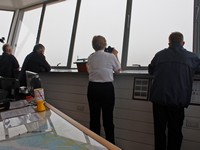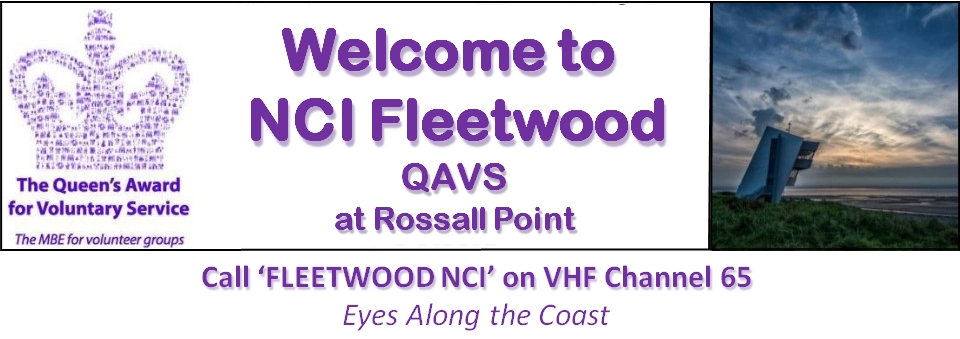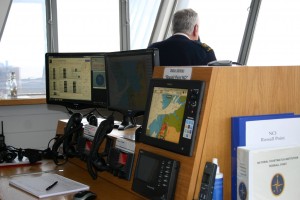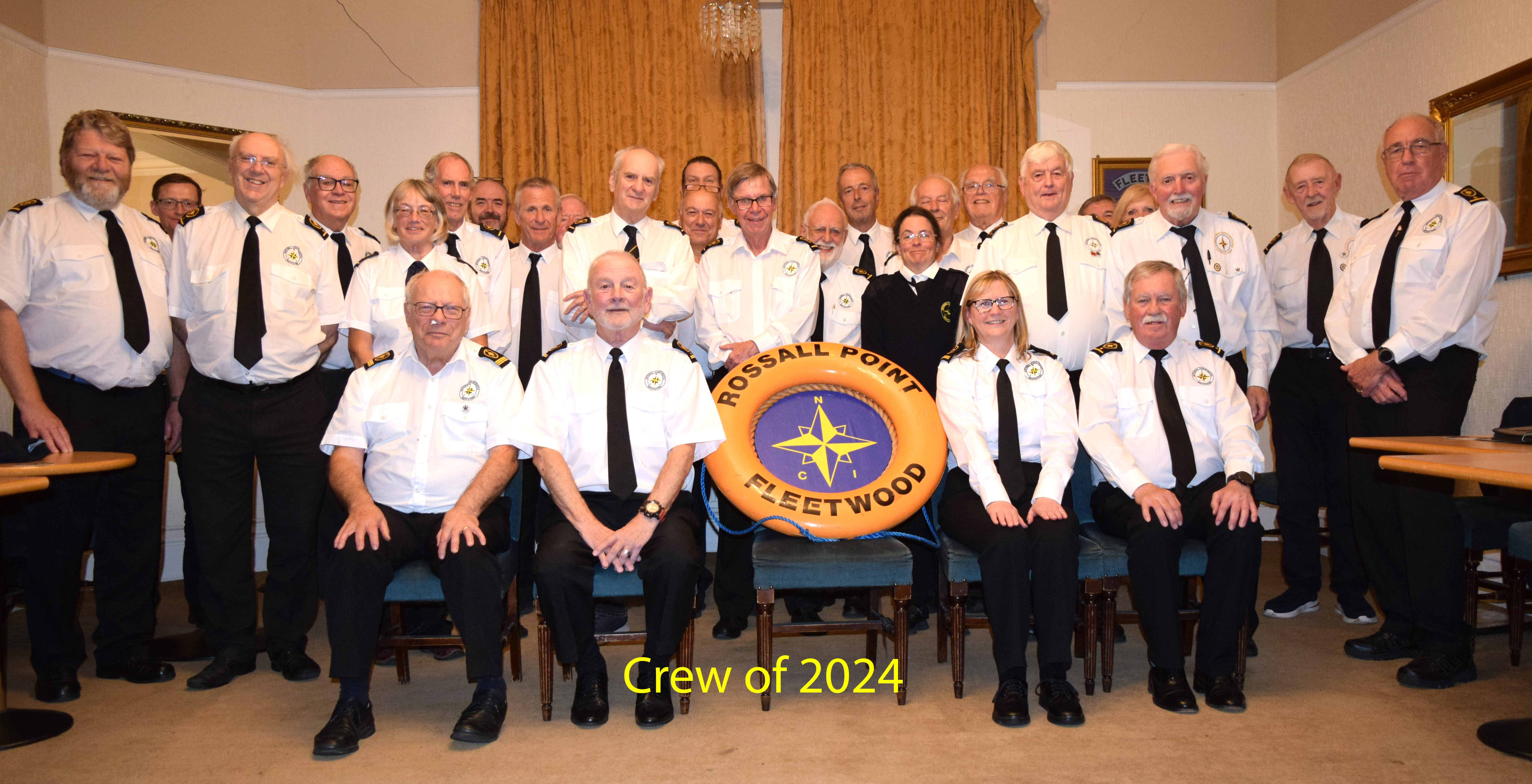Eyes Along The Coast
What Do Watchkeepers Do?
Watchkeepers are the eyes and ears along the coast, keeping a visual watch, monitoring radio channels, using radar and providing a listening watch in poor visibility. If anything is spotted, the Watchkeeper makes a report to the Coast Guard using the call sign “Holyhead coastguard”. The Coast Guard then decide on what response if any is needed. The Watchkeepers remain in touch and are trained to integrate with the Search and Rescue Services.
Work Closely With The Coastguard
Most of the station work is routine surveillance. Watchkeepers must maintain vigilance at all times, Know how to deal with an emergency and report to HM Coastguard to
co-ordinate the various search and rescue services.

Help To Reduce Time Before Rescue By :-
Looking for distress signals, locating and identifying casualties
Help Rescuers Reach Casualties By:-
Seeing casualties not visible from sea level, providing position of casualty, identifying which vessels may be able to help in an emergency
Keep watch On Potentially Vulnerable Craft And People
Such as canoeists, boardsailers, small craft, open boats, divers, wimmers ,anglers, & walkers.
Watch Over Craft Until They Reach Safety
With problems such as engine breakdowns, gear failure, leaks in the vessel or exhausted crew
Act As Ears On The Coast By:-
Monitoring channel 16 – the vhf distress channel, listening in poor visibility, listening for aircraft, cries for help.
Keep Records By:-
Logging vessels / aircraft/divers/monitoring and logging the local weather, giving information to HM Coastguard on overdue vessels
Interested?
If you are interested in seeing what we are about then please contact Roger Oakley by email at roger.oakley@nci.org.uk
You can download an application form by clicking Here
You will need Adobe Reader to view the form click Here
A Trainee’s View

operation southpaw dfs
Hi. I took early retirement a number of years ago and moved from the Bury/Bolton area up to the Fylde coast. I always liked it up here, as I used to do a lot of sea fishing when I was a young chap. I read about the National Coast Watch in my local paper, a year or two ago and as I was getting a little bored, having renovated the house, done the garden, you know, the usual things, I thought I would have a look to see if this suited me. Unfortunately family illness came along and it went onto the backburner. After a while, things improved, so I enrolled with the N.C.I. on the 3rd March, 2010.
Our unit meets at the Strawberry PH on the last Wednesday evening every 2 months from 19.00 hours until 21.00. Our Station Manager updates us on any developments along with the reports from the various committee members. Training sessions are held on Tuesday evenings at the Strawberry PH in Fleetwood for both new joiners and current members; details of this training are published in the members area. Personally I have found it very interesting. I am not from a nautical background (this is not necessary), as I am a mechanical /electrical engineer by trade having worked in the engineering manufacturing field, for the last 28 years. I know a lot of the Watchkeepers are from all kinds of working background so there is no need to be cautious, as training is quite laid back, there is no pressure and you move along at your own pace. Up to now I have learnt quite a lot, like how to plot a position on a chart from a given bearing and distance, which is necessary to pass on to the coastguard if there is an emergency. Also, I learnt how to plot a position on an ordinance survey map. This is necessary for calling the police, ambulance and air ambulance. We learn how to fill in the log book correctly, as this is important in the event of an incident. The log book is a legal document and can be called for in a court of law. Logging on and off a shift, by contacting the coastguard and using the correct formality, radar and radio training, weather recording all this in quite a short space of time. Hey if I can do it so can you.
2023-2024 Crew
As a trainee it is normal to complete up to 15 shifts at the station within three months and be expected to attend college as often as possible, before I can take my assessment. This may be achieved earlier dependent on the individual; however, there is no pressure to do so. After successfully completing the assessment, I can become a Watchkeeper and be capable of standing a shift alone (if required) .
Well I now have a date to take my assessment and it is on July 5th. The assessment takes place during a normal 4 hour shift with our Training Officer. It’s now the 7th July and I’m glad to say I managed to pass, despite the nerves (I’ve not taken a test for 30 years or more). It was quite a pleasant experience. The Training Officer conducted the shift as normal, with some questions about all the things we have been through in training and the N.C.I. modules. There were a few spot and plot exercises, station opening and closing and what you would do in the event of an emergency at sea. If I can do it so can you ! I have found it a very pleasant and interesting experience and look forward to contributing to our station and to the safety of the public around Morecambe Bay.
Helping to save lives


